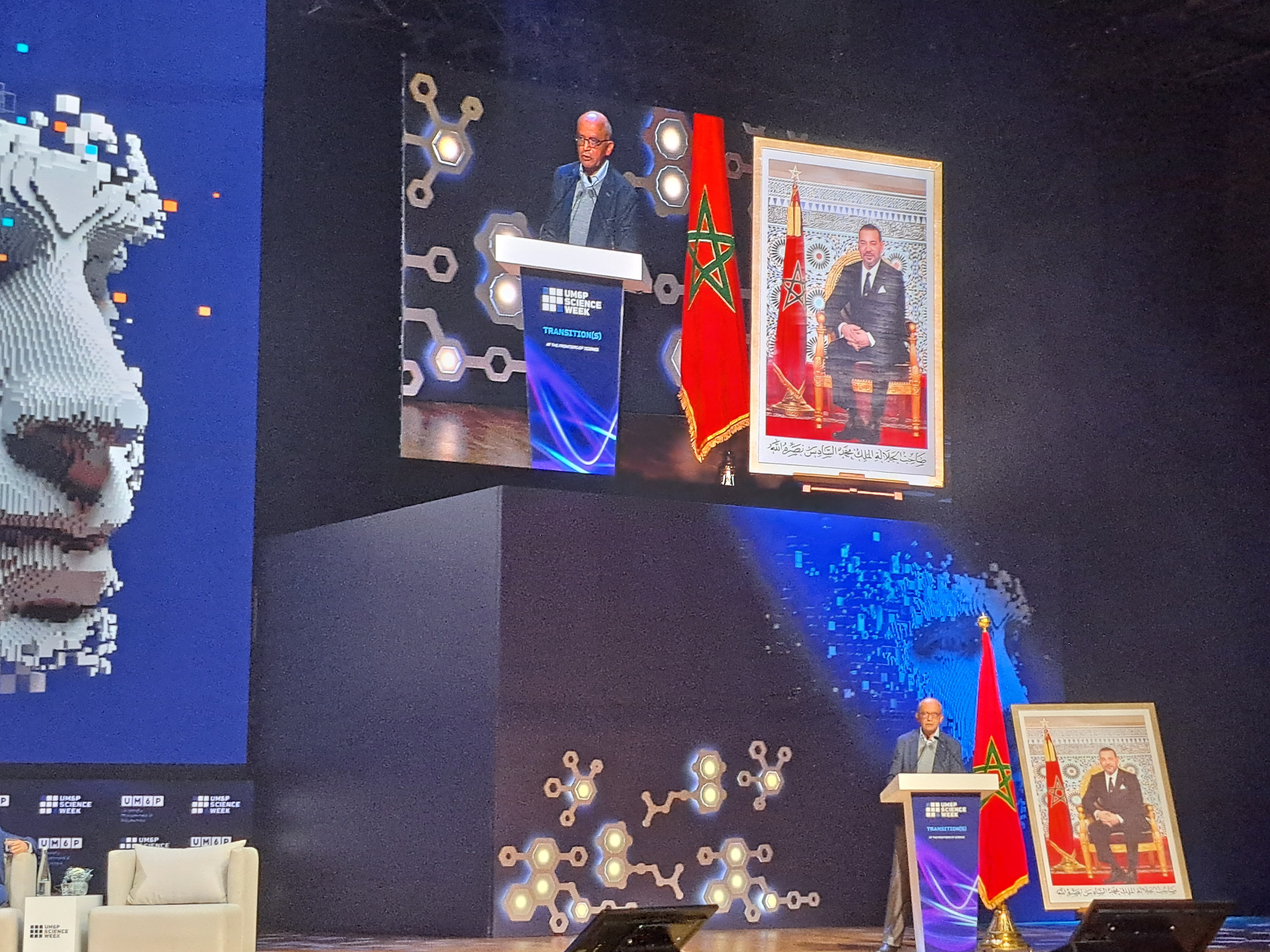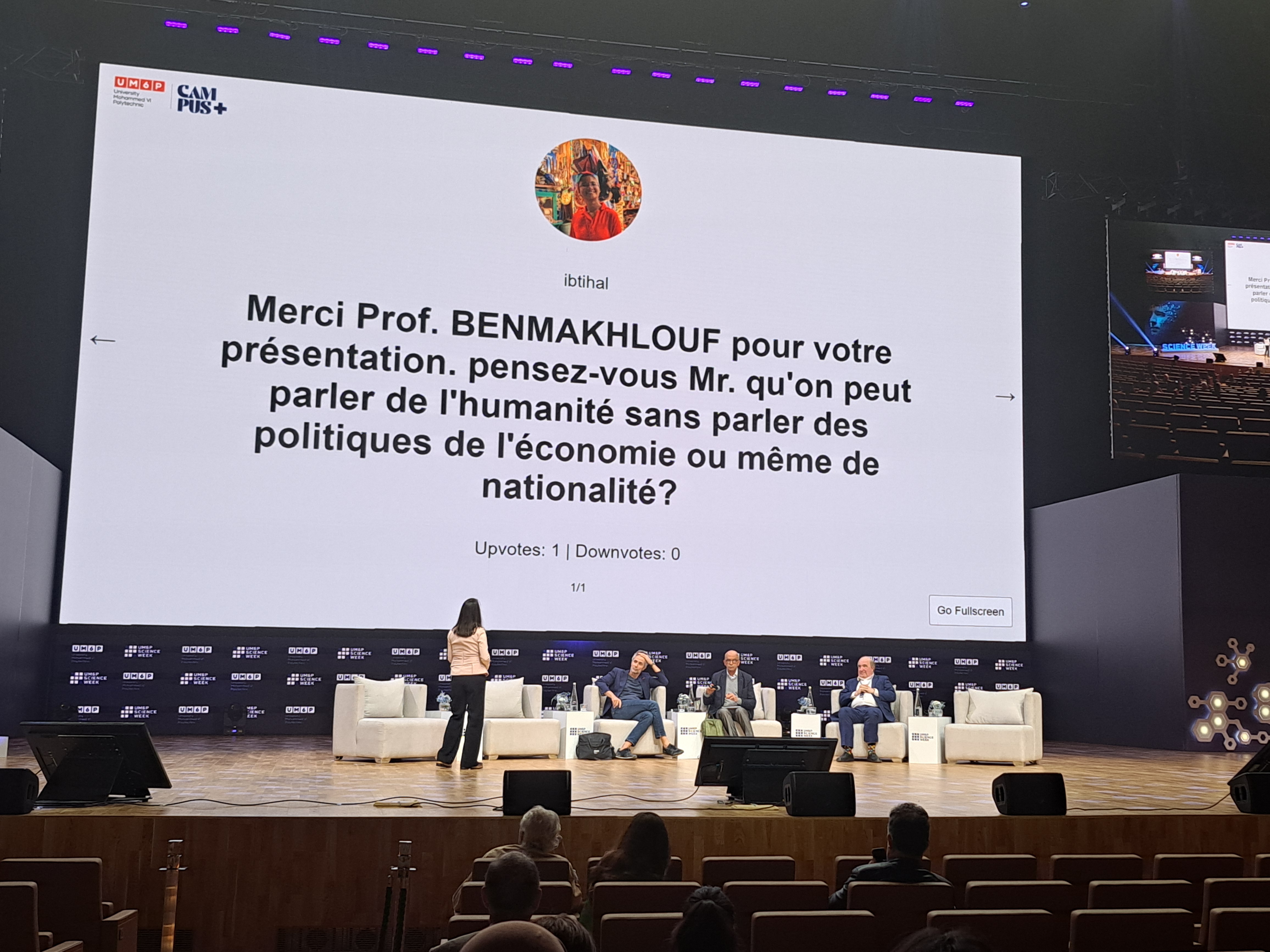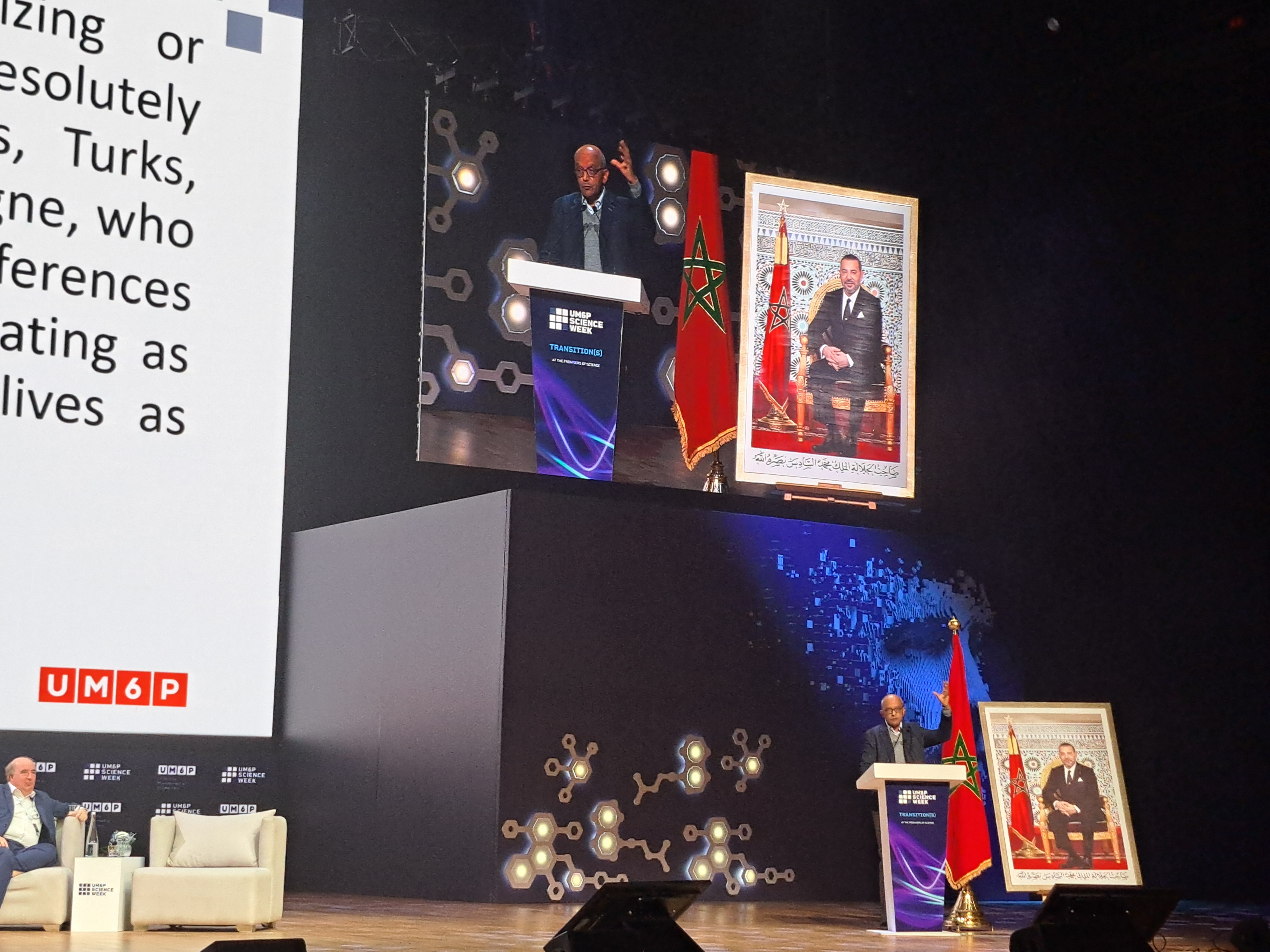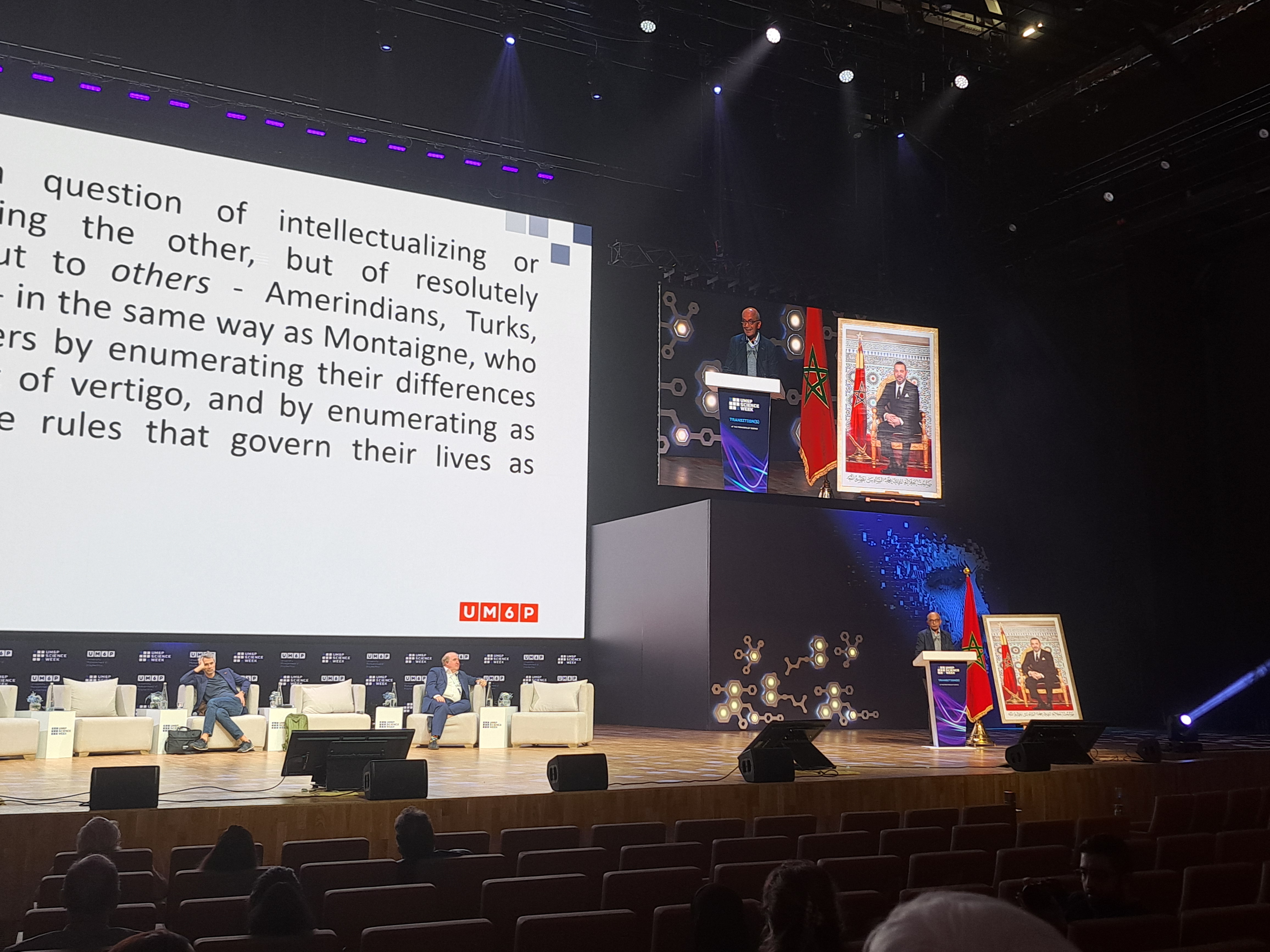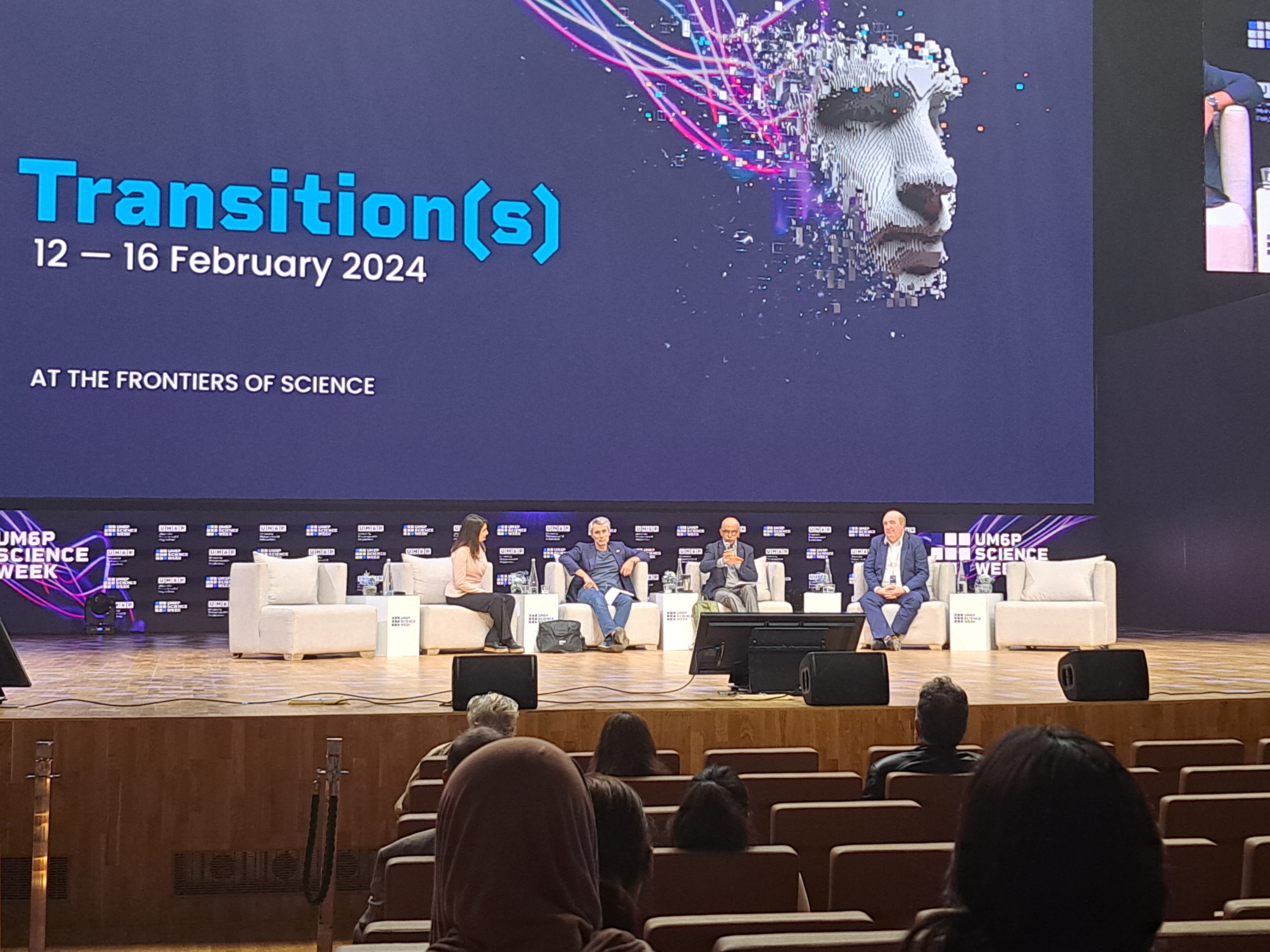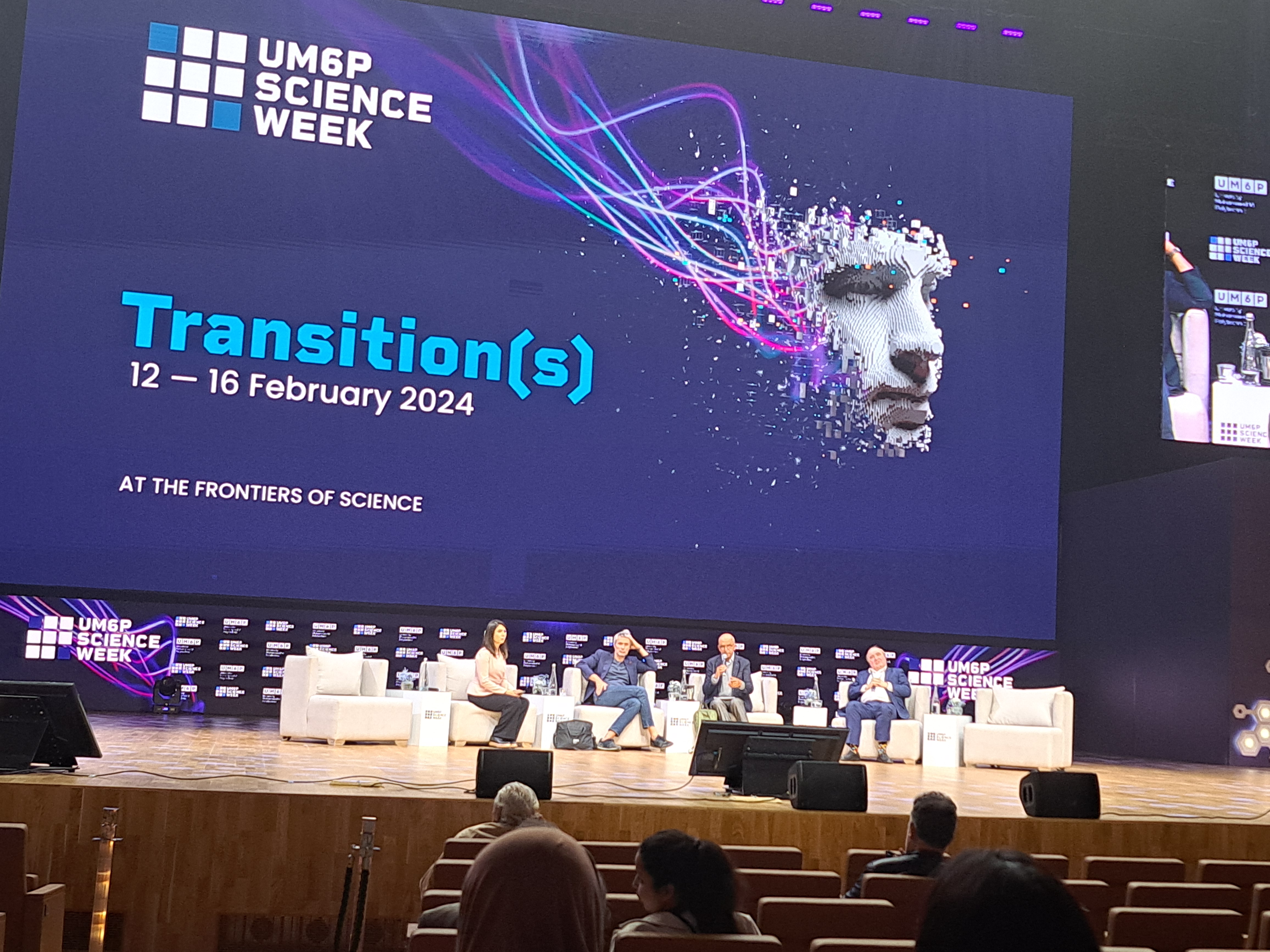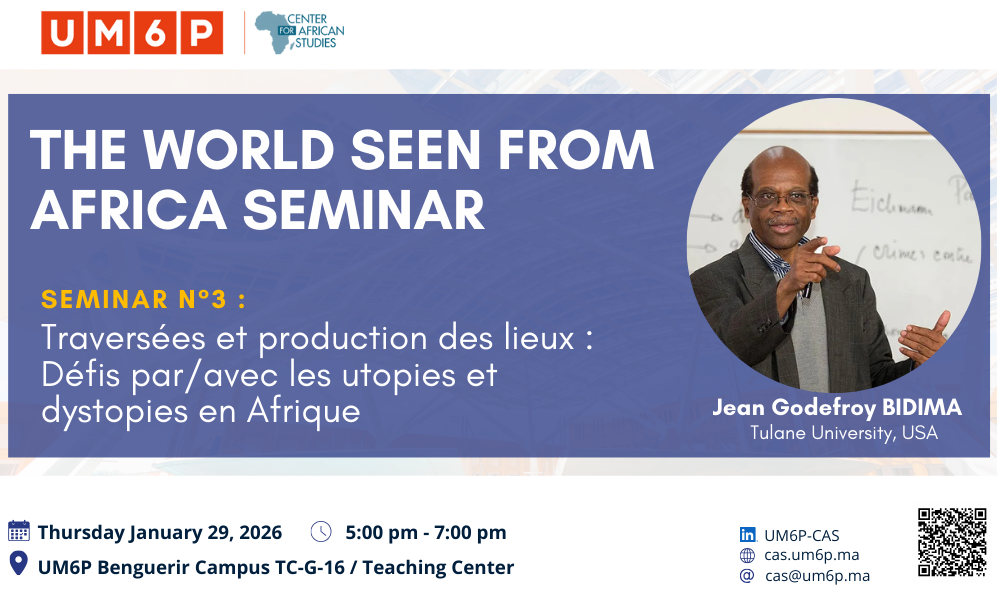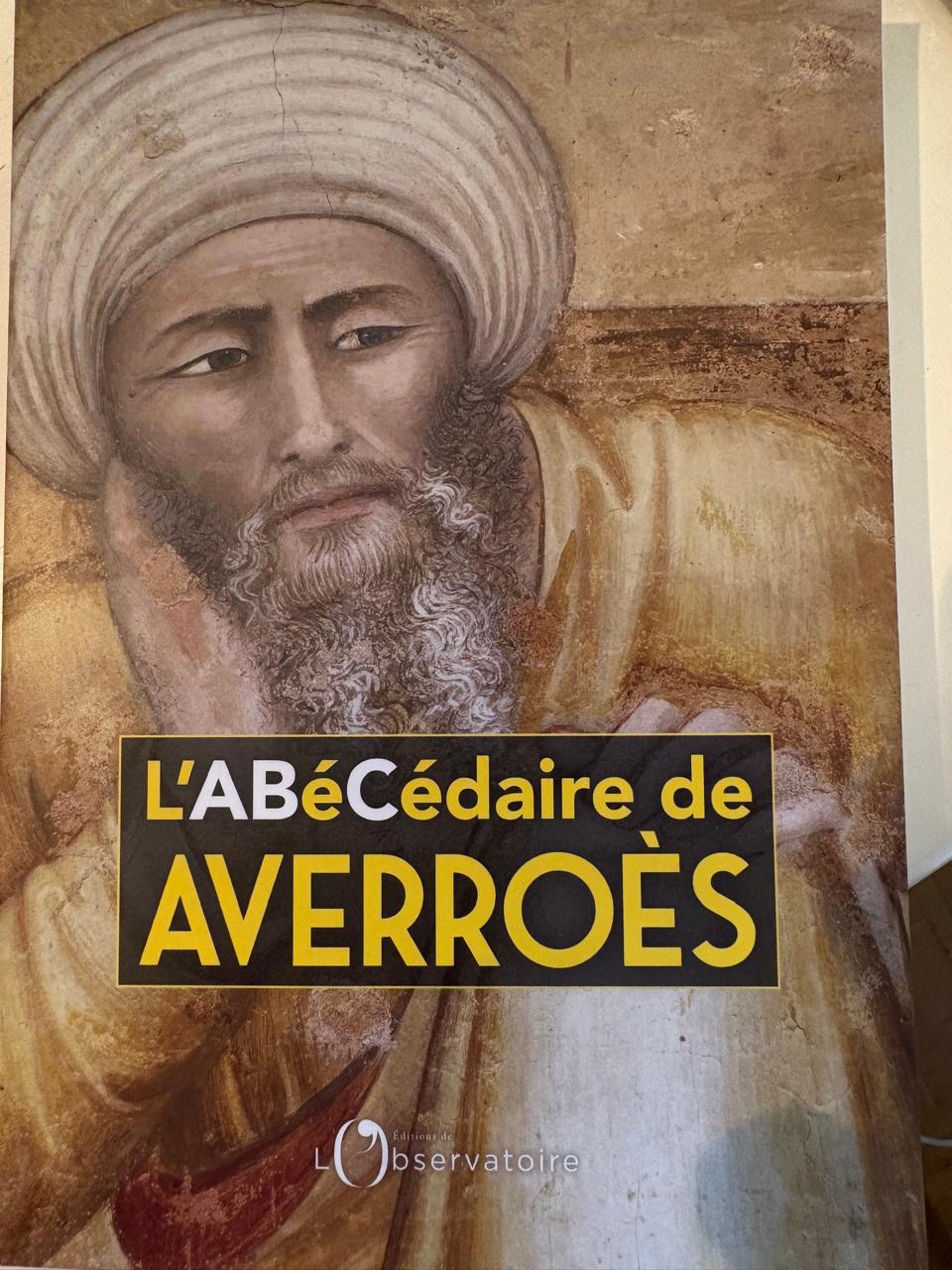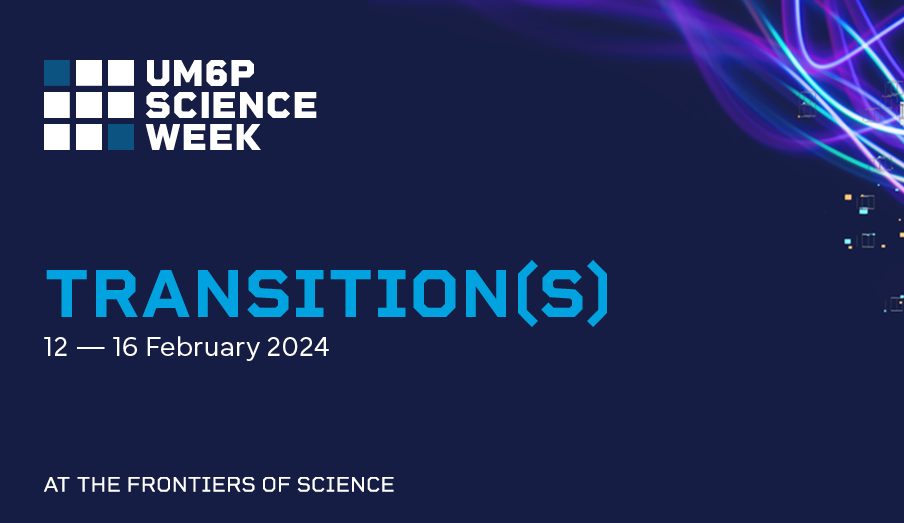
UM6P’s Science Week
UM6P
With the participation of Pr. Ali Benmakhlouf, Director of Center for African Studies
From the 12th to the 16th of February, 2024
Redefining Science and Humanity
ABSTRACTS
I- Feyerabend and the decolonization of knowledge:
— Thursday, February 15, 2024 by Pr. Ali Benmakhlouf
From where does it start?
What was Feyerabend’s epistemological context? The beginnings of a critique of positivism (i.e., science is precise and have principles divided into empirical and logical theories) led by many philosophers: A critique led by Wittgenstein (disaffection with Western civilization), by Karl Popper (every theory is bound to be falsified), by W.O. Quine (two beliefs, on the one hand in a brute fact, on the other in tautology, are two dogmas), by Iris Murdoch (we are not born into a neutral world, but into a world of shared values).
Wittgenstein had criticized G. Frazer’s anthropological work, saying that Frazer’s explanations were wilder than the supposedly savage realities he described. Why, for example,” asks Wittgenstein, shouldn’t we have a sacred relationship with our proper name, since it protects us from birth and for the rest of our lives? What’s more, Wittgenstein had pointed out that scientific progress was Western society’s greatest unspoken metaphysic.
According to Feyerabend, the practice and history of science do not follow rigid principles, but mobilize all kinds of knowledge, including traditional knowledge. Hands-on experience, « tacit knowledge » in the sense given by Polanyi are good features for the growth of knowledge.
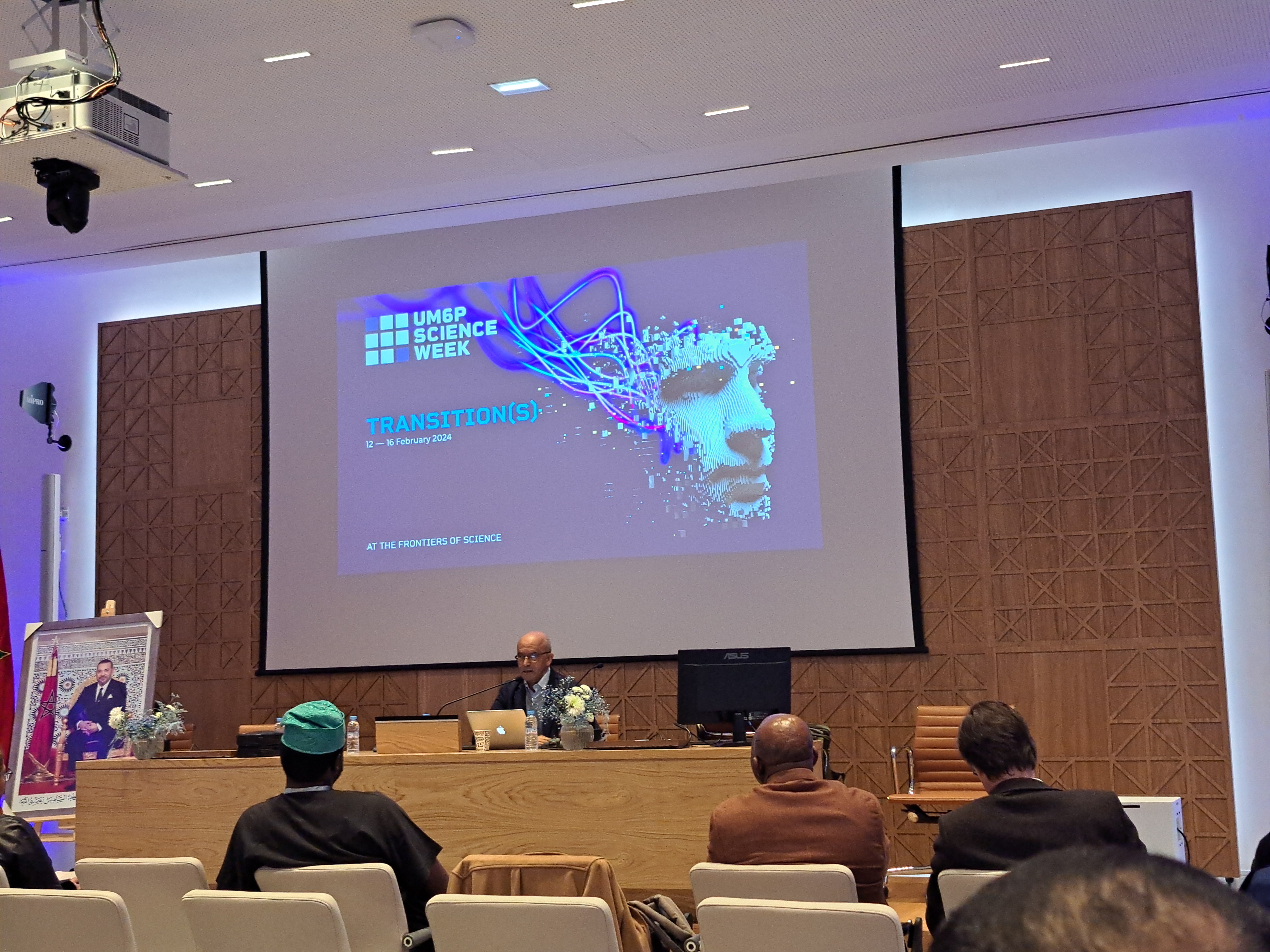

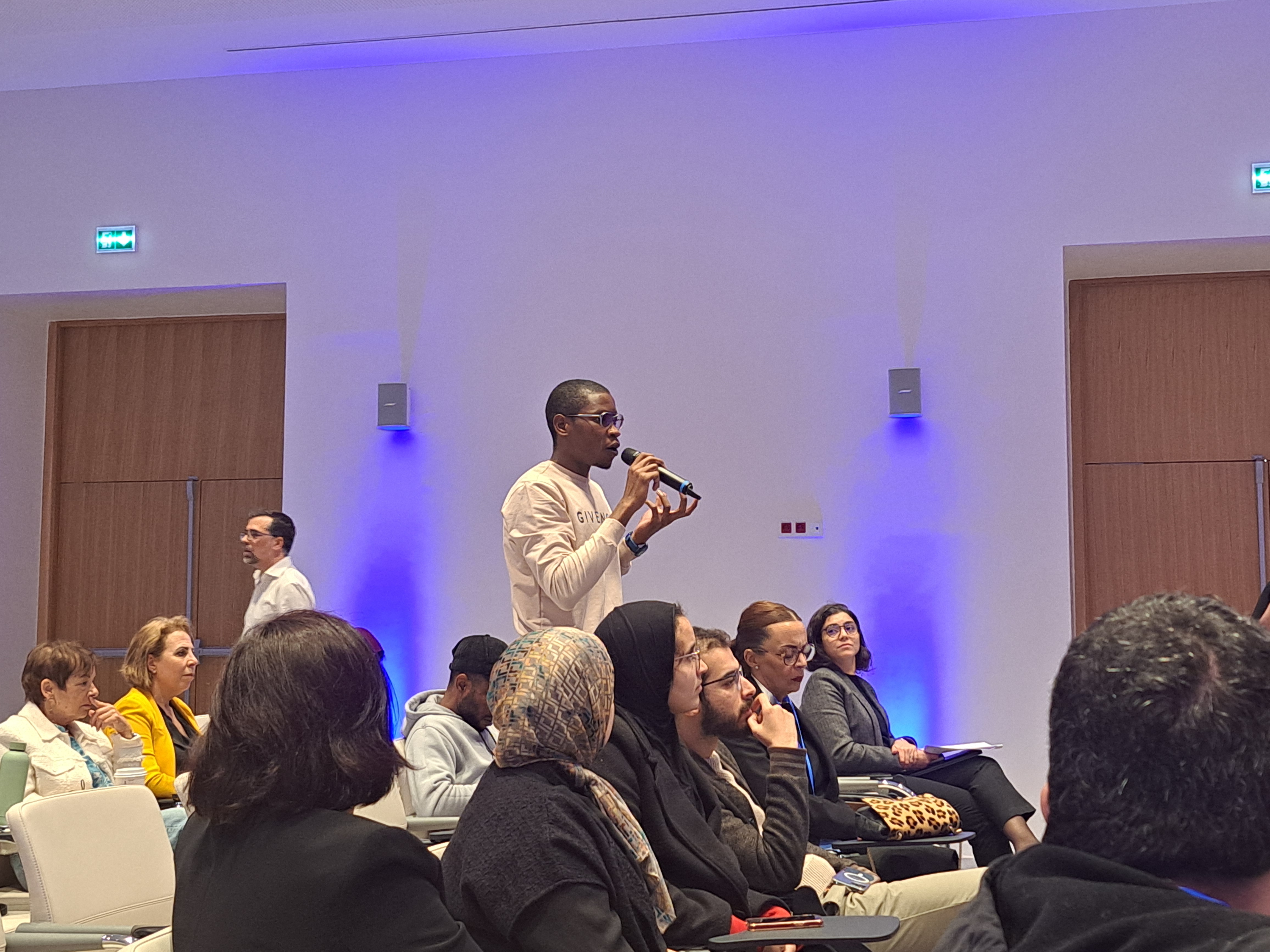


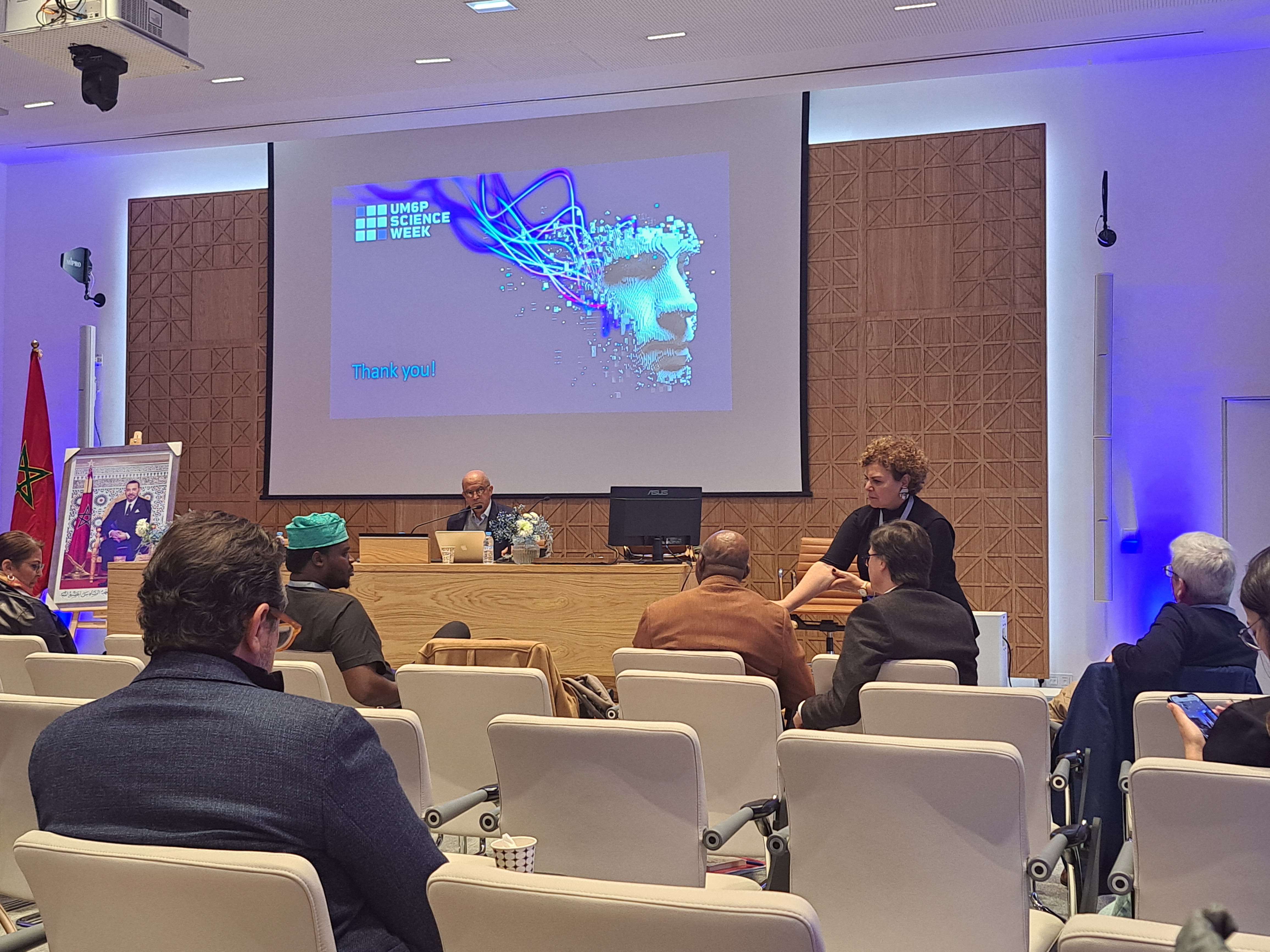

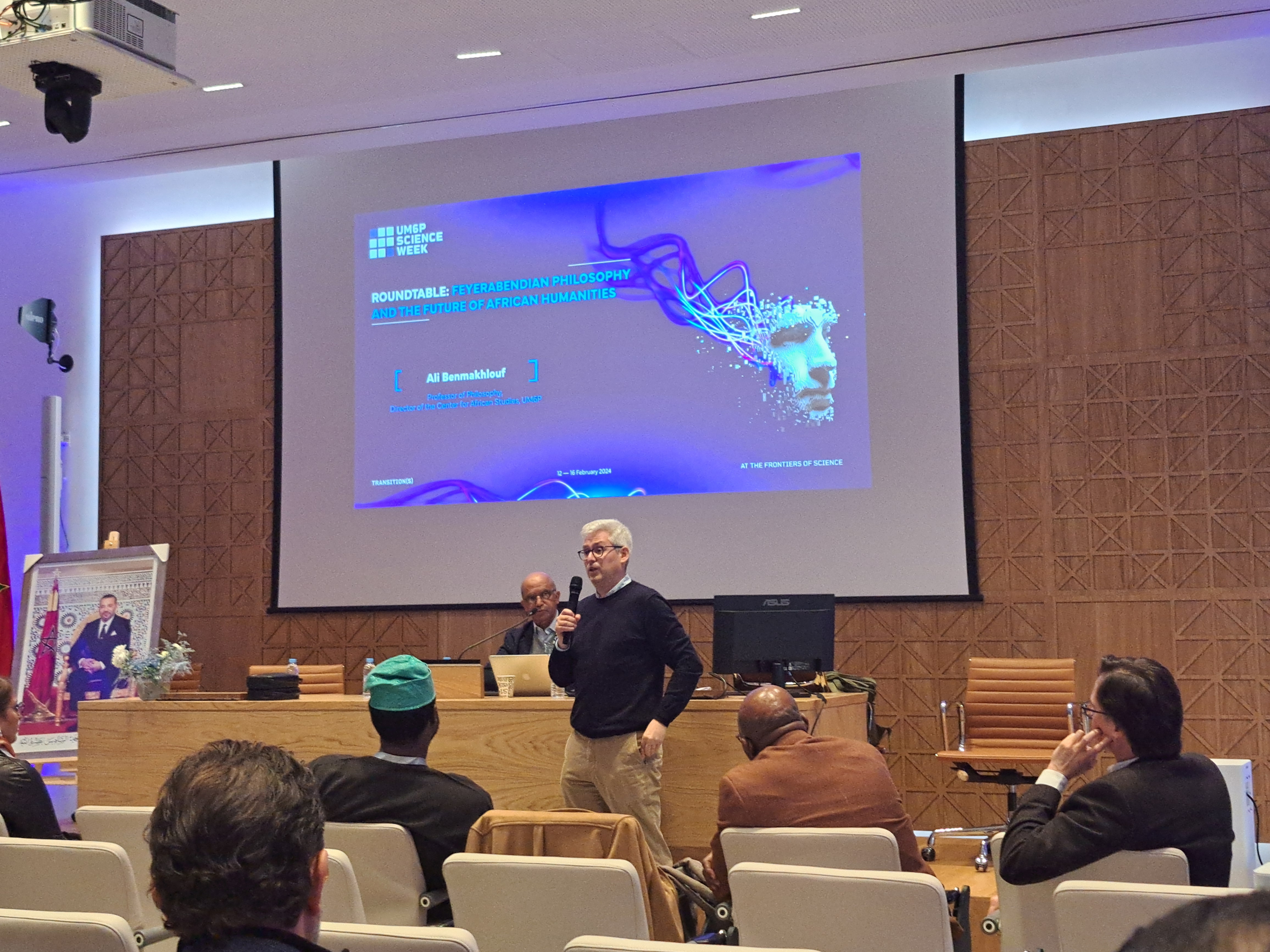

II- From the humanity of the other to the humanity of others:
— Thursday, February 15, 2024 by Pr. Ali Benmakhlouf
A humanist transition
I suggest you move away from the vocabulary of alterity, towards that of diversity, difference, dissimilarity, in short, attention and tolerance: accepting interests that are far removed from your own, or seeing your locality through the eyes of the rest of humanity. Alterity is a notion that gives such comfort to a constituent and sovereign consciousness that dispenses meaning for itself and for that which is not itself, and which it calls “the other”.
It’s not a question of reinforcing ” Western consciousness ” to say that Europe invented criticism, freedom and democracy. Rather, it’s about denouncing the hegemony of European countries such as Spain, Portugal and France, which engaged in colonial wars in the 16th and 19th centuries, wars that resembled ” universal mass slaughter “.
It’s about listening to those who cry out for justice, saying that ” black lives matter “, or to those who have become a “mobile humanity “, exposed to the fateful fate of drowning or begging, and called “migrants”.
